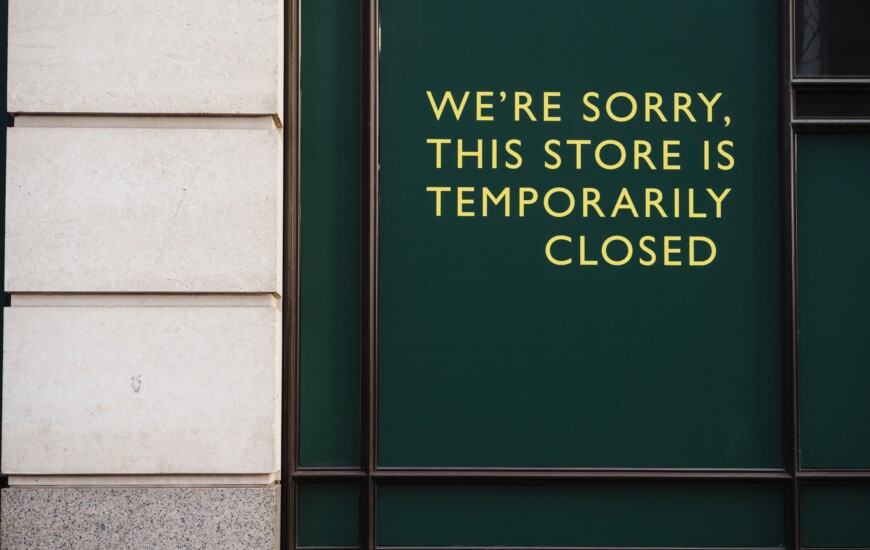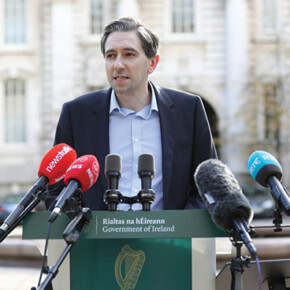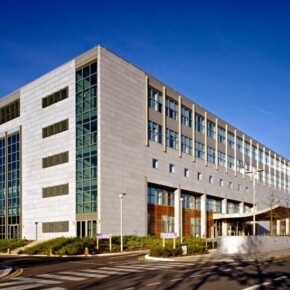City council abolishes tax cut for vacant businesses
Gary Ibbotson 01 Dec 2022
Businesses in Dublin will no longer be able to avail of a tax rate cut if their property is vacant.
At a city council meeting last week, councillors voted to abolish the incentive which has been in place for over 90 years.
Between 1930 and 2017, commercial landlords were entitled to a 50 percent refund in their rates if their premises laid vacant.
Since 2017, that refund was reduced to 45 per cent and then to 15 per cent but it will now be fully removed from next year.
The motion was tabled by the Green Party and was passed by 53 votes in favour to six against.
The rate reduction will raise an additional €1.5 million which, the motion proposes, will be used to increase the discretionary budget of local area offices.
Green Party councillor Michael Pigeon said the refund was “a totally perverse incentive” for landlords.
“The tax system shouldn’t reward vacant units,” Pidgeon says.
“In 2019, we reduced the cut from 50 percent to 25 percent, then later to 15 percent.
“Next year it’s zero percent, bringing in an extra €1.5m for local services.
“Delighted to see it’s scrapped.”
Pidgeon said that in a busy city such as Dublin, there was no justification to offer incentives to keep properties empty.
Tax incentives, he said should be “going the other way” and “penalising those who keep buildings empty”.
Council chief executive Owen Keegan had proposed maintaining the refund at 15 per cent but parties largely backed the motion
Fianna Fail councillors proposed to spend the extra funds on bulky waste collection services while Fine Gael said the money could be allocated to enterprise supports.
After agreeing to abolish the vacancy refund, the council approved the budget for next year.
The 2023 budget came to €1.24 billion, an increase of €110 million on this year.
Housing and building was allocated the most amount of funds, coming in at €550 million.
Keegan said the estimated cost of energy and non-energy inflation for this year and next would amount to €37.5 million.
The Government has provided the council with €5 million to help towards rising energy costs.











